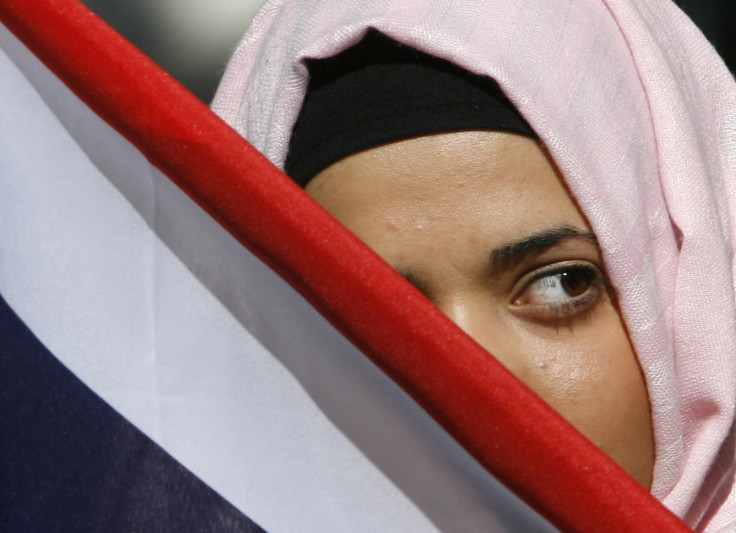Confusing integration with counter-extremism fuels inequalities faced by Muslims, MPs warn
Unemployment rate among Muslims stands at 12.8% – more than double that of the general population.

Muslim women are more likely to be economically inactive than their female counterparts from other religious groups, according to a report by MPs. Their prospects of employment are impacted by what is described as a "triple penalty", which includes being women, Muslim and from a black or ethnic minority (BME) background.
The Commons Women and Equalities Committee report, entitled Employment Opportunities for Muslims in the UK, was published on Thursday (11 August). Figures showed that 65% of economically inactive Muslims over the age of 16 in England and Wales are women. The average for all religious groups was 59%.
About 44% of economically inactive Muslim women said this was the case as they are homemakers, compared to the national average of 16% who said the same. The report revealed that unemployment among Muslims is more than double the national rate – 12.8% compared to 5.4%. The reasons behind the statistics are "varied and complex" and include discrimination and Islamophobia, stereotyping and pressure from traditional families among others.
"The conflation of integration with counter-extremism has exacerbated inequalities experienced by Muslims," MPs warned. "The government needs to tackle the disadvantages faced by Muslims in their own right, not through the lens of counter-extremism."
Committee chair Maria Miller said: "The government is making attempts to deal with the problems that Muslim people face in getting work but our analysis would be that their attempts are being undermined by this clear link that Muslim people are making between government policy on employment and government policy on counter-extremism."
The report also warned of the "very real inequality, discrimination and Islamophobia that Muslim women experience" when applying for jobs. A 21-year-old female Muslim student detailed her difficulties while trying to secure a sales job.
"There were two phone interviews... and I got brilliant feedback. They said 'You sound absolutely perfect for this role' and said I was very articulate – that kind of thing," she told BBC news. But the issues were laid bare after a face-to-face interview in which she was the only candidate wearing a headscarf.
The applicant said there was a "change in the tone" and added: "I felt they were strange, and there was a bit of a change in the atmosphere, and that was not a nice feeling for me." She did not get the job and said her confidence in face-to-face interviews had taken a knock.
The MPs said that while name-blind recruitment could be a part of the solution, the government needs to take action to ensure employees are empowered to challenge discrimination. Miller said: "Muslim women particularly, face really unacceptable levels of discrimination and that discrimination comes from the workplace, from employers, but also from within communities as well."
A government spokeswoman said it will study the recommendations and offer a response in due course. "We want all people, regardless of their faith or gender to have access to the same opportunities so that they can reach their full potential. We are making progress – for example, there are now 45% more Muslim women in work than in 2011 – but we know there is much more to do," the spokeswoman said.
© Copyright IBTimes 2025. All rights reserved.





















